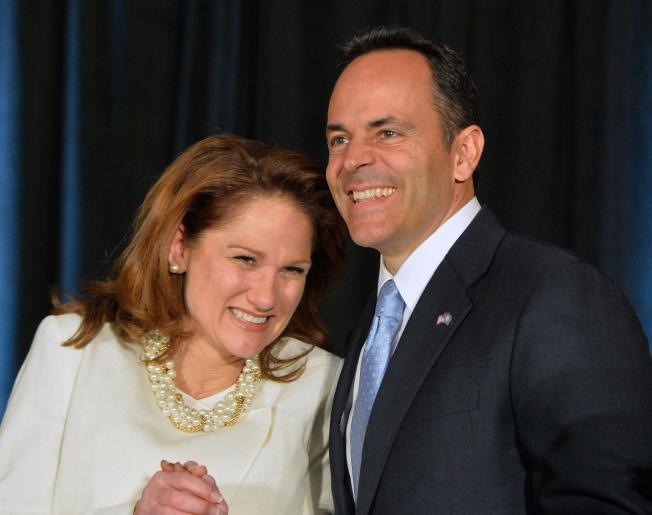Instapundit frequently links to another story of government incompetence with the comment “We have the worst ruling class in our history.”
There are so many examples, it is hard to list them but I will try with a few.
First, let’s have a definition.
The principalagent problem, in political science and economics, (also known as agency dilemma or the agency problem) occurs when one person or entity (the “agent”) is able to make decisions on behalf of, or that impact, another person or entity: the “principal”.[1] This dilemma exists in circumstances where agents are motivated to act in their own best interests, which are contrary to those of their principals, and is an example of moral hazard.
The Founders were well aware of this problem and tried to protect the citizens with certain provisions of the Constitution.
No Money shall be drawn from the Treasury, but in Consequence of Appropriations made by Law; and a regular Statement and Account of the Receipts and Expenditures of all public Money shall be published from time to time.
This provision was violated by Barack Obama who spent billions to subsidize insurance companies to support his “Affordable Care Act” which was not successful.
Of course, the Amendments were intended to protect the rights of the people but the one that has been ignored for 100 years is the Tenth.
The powers not delegated to the United States by the Constitution, nor prohibited by it to the States, are reserved to the States respectively, or to the people.
The Civil War largely ended Federalism.
